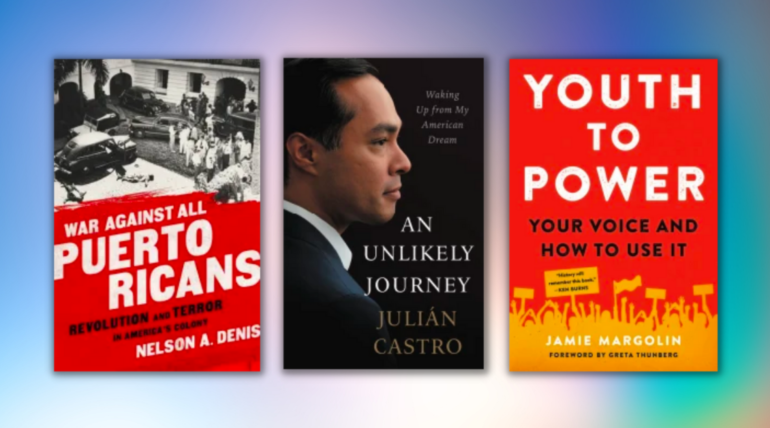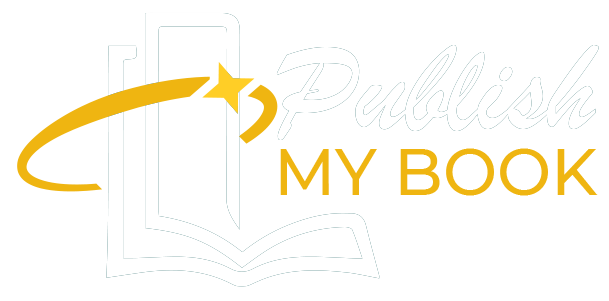
Politics shapes our daily lives in more ways than we often realize. It influences how societies grow, how leaders make choices, and how communities respond to challenges. For many, politics might feel distant or overly complicated, yet books have a remarkable way of breaking down this vast subject into something we can grasp and even enjoy. Some of the best politics books of all time do not simply explain events or theories, they challenge us to think deeply about power, leadership, justice, and human behavior. Imagine holding a book that has guided thinkers and leaders for centuries. With every page turned, you are not only reading ideas but entering a conversation that stretches across history.
These works are timeless companions for anyone curious about decision making, governance, and the forces that shape our world. A book illustration may capture the theme of an era, but the words themselves carry lessons that never fade. When readers dive into these classics, they are often surprised at how relevant they still feel today. The questions about fairness, freedom, authority, and responsibility are not confined to dusty archives. They echo in our daily debates, our workplaces, and even our personal lives. The beauty of political writing is its ability to inspire, challenge, and sometimes unsettle us, forcing us to consider where we stand and what kind of world we wish to build. Whether you are a student, a leader, or simply someone eager to learn, these books can reshape how you view politics and society.
Best Politics Books of All Time: The Timeless Classics
One cannot speak about influential political writing without beginning with the ancient works that laid the foundation. Plato’s “The Republic” is perhaps the most well known. It presents not only a vision of justice but also timeless questions about leadership and morality. Aristotle’s “Politics” follows with a practical exploration of governance that continues to spark debate in classrooms and living rooms alike. These texts remind us that politics is as much about human values as it is about laws. Another work that holds its place among the best politics books of all time is Niccolò Machiavelli’s “The Prince.” Often misunderstood as a simple guide for ruthless rulers, it is in fact a powerful study of strategy, survival, and human nature. It shows us that political power has always been fragile, and leaders must balance ideals with realities.
Revolutionary Voices
As history moved forward, writers began to link politics with freedom and rights. John Locke’s “Two Treatises of Government” and Jean Jacques Rousseau’s “The Social Contract” gave shape to ideas that influenced revolutions and modern democracies. Their words carry weight because they speak of liberty, equality, and the responsibility of citizens to shape their societies. For those interested in the American experience, “The Federalist Papers” remains essential reading. Written to persuade citizens about the value of a strong yet balanced government, these essays are still quoted today whenever debates about constitutional law arise. They illustrate how political writing can outlast its immediate moment and continue to inform future generations.
Modern Thinkers and Contemporary Lessons
Best politics books of all time: In the twentieth century, political writing expanded into new territories. Hannah Arendt’s “The Origins of Totalitarianism” provided a deep analysis of how oppressive systems rise and maintain control. George Orwell’s “1984,” though a novel, is often considered alongside political texts because of its sharp portrayal of surveillance, propaganda, and the dangers of unchecked power. Another influential work is Francis Fukuyama’s “The End of History and the Last Man.” Written after the Cold War, it examined whether liberal democracy would stand as the final form of governance. While the world has moved in complex directions since then, the questions it raises remain vital. These are not just books on politics, they are works that mirror society’s struggles and dreams.
Why These Books Matter for Thinkers, Leaders, and Learners
What makes the best politics books of all time stand out is not only their insight but also their ability to speak to different audiences. Thinkers find in them a challenge to sharpen their ideas. Leaders discover guidance on how to handle power with wisdom. Learners gain access to perspectives that broaden their understanding of the world. Reading such works also connects us to the craft of book publishers who recognized the importance of these writings and brought them to readers across centuries. Without those efforts, many of these masterpieces might have been lost. The legacy of careful preservation and thoughtful publishing reminds us of the value of sharing knowledge widely. Today, anyone with a dream to publish my book or seek an ebook publisher stands in a tradition of keeping voices alive for generations to come.
Best Politics Books of All Time: Continuing the Conversation
The journey of political literature is far from over. Every generation adds new voices and perspectives. Emerging authors continue to explore how politics intersects with technology, culture, and identity. The digital age has even opened doors for readers to access rare works more easily, with ebook publisher platforms making them available to audiences who might never have held the printed editions. At the same time, readers who enjoy classic texts still appreciate the charm of physical copies, often adorned with a book illustration that captures the essence of its theme. The power of politics lies not only in ideas but also in the way those ideas are shared. Books remain one of the most trusted vehicles for that exchange.
In the end, exploring the best politics books of all time is more than just a reading exercise. It is a journey into the minds of great thinkers who dared to question and redefine the world around them. These works remind us that politics is not only about institutions and rules, it is about people, choices, and the constant negotiation between power and principle. Whether you see yourself as a thinker, a leader, or a learner, political books invite you into a deeper conversation about society. They provide lessons that remain as valuable today as when they were first written. By reading and reflecting on them, we do more than study history, we shape the future.
